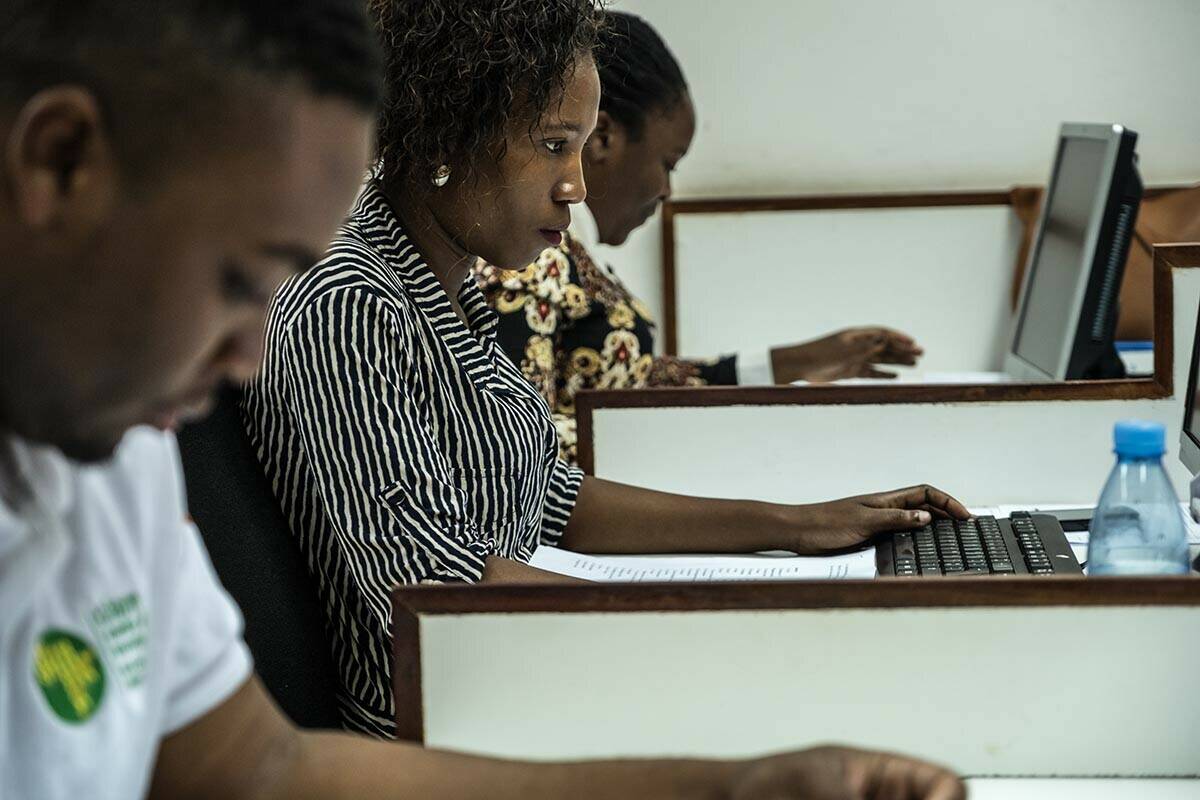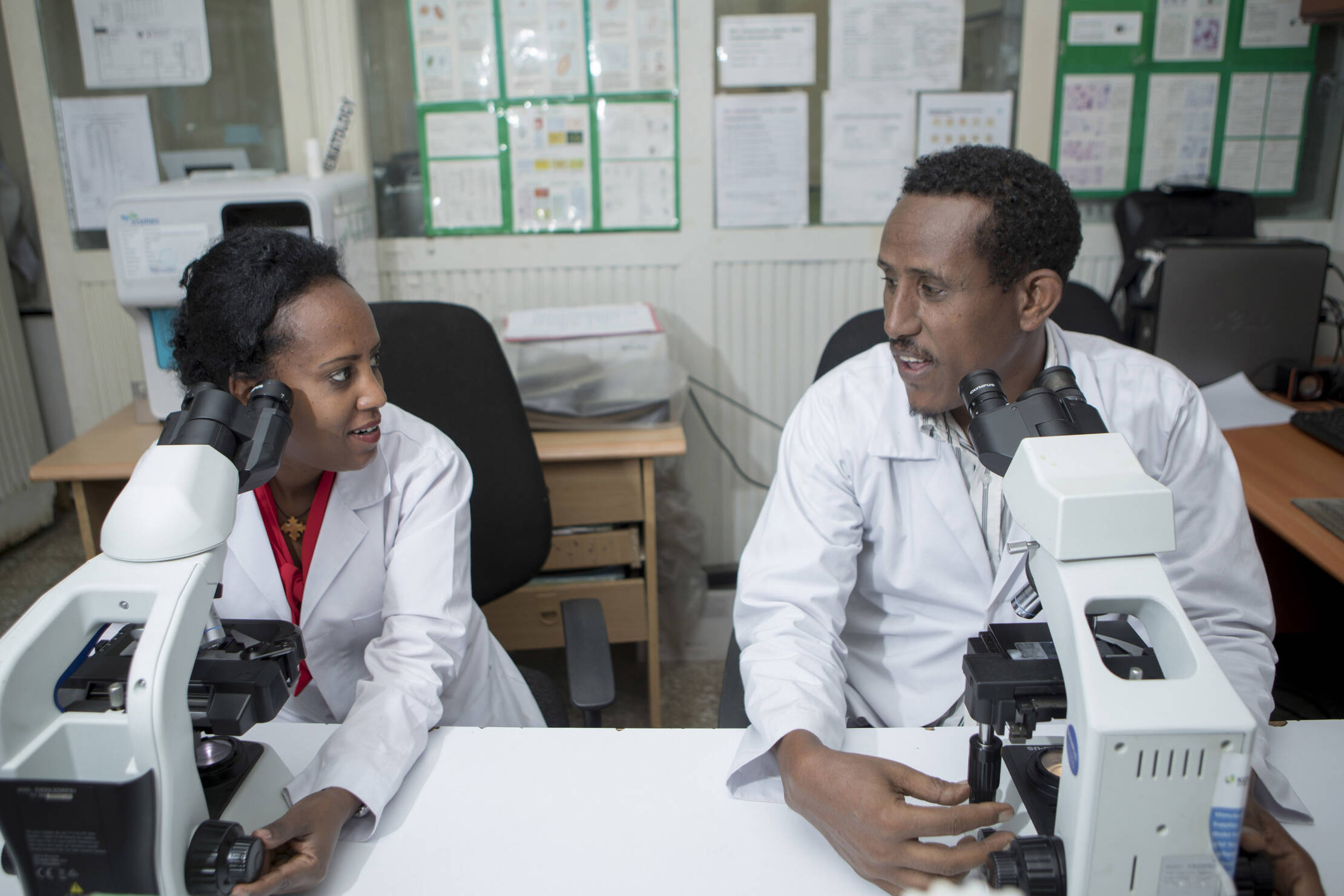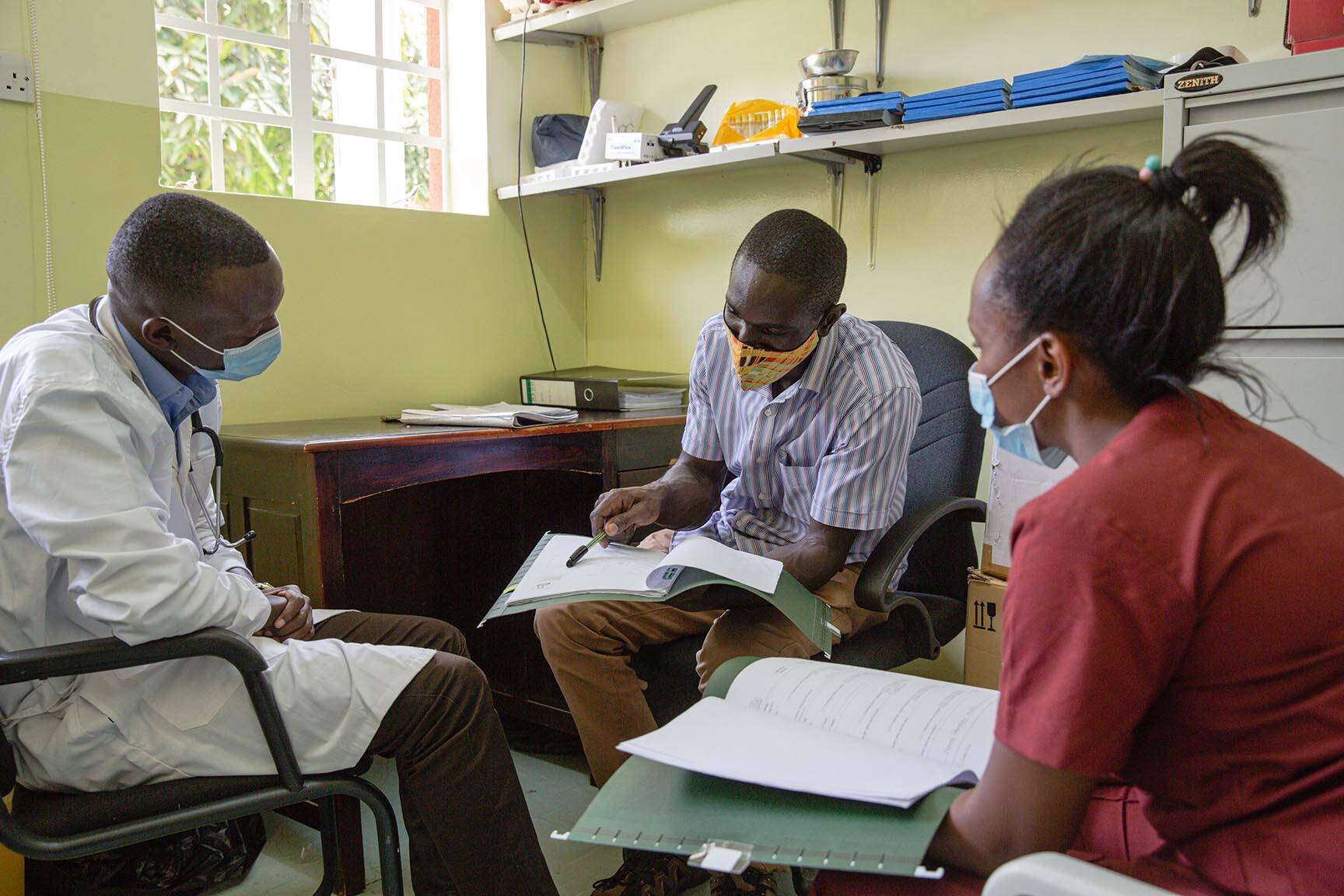Uganda: Implementing digital systems
In Uganda, the SCRECU project has been supporting further development of a National Research Information Management System (NRIMS), created as part of a previous EDCTP-funded project. The project team trained members of 26 research ethics committees on use of the system for online protocol submission and management, and monitored initial use of the system.
During the project, more than 13,000 users were registered on NRIMS, 6,000 applications were received, and 2,500 approvals were granted online. NRIMS has improved institutional workflows, reduced paperwork by over 95%, and cut turnaround times for protocol approvals by 50%, revolutionising the management of clinical research in Uganda.

Senegal: ISO9001 certification
The BCA-WA-ETHICS project (and its follow-up, BCA-WA-ETHICS II) focused on Senegal and other West African countries. In Senegal, it promoted the use of integrated tools for processing clinical trial applications by national ethics committees, which had been developed by the African Vaccine Regulatory Forum (AVAREF) in preparation for an ISO9001 audit in quality management. In March 2023, Senegal became the first African research ethics committee to achieve this globally recognised certification, which demonstrates the committee’s compliance with international quality standards for managing systems and organisations, as well as a commitment to continuous improvement.
BCA-WA-ETHICS II has had a strong focus on integrating a gender dimension into the activities of national research ethics committees. The project published several policy documents on research ethics and gender mainstreaming in Africa, including a White Book of recommendations for Gender Mainstreaming in National Research Ethics Committees in West Africa, which provides hands-on guidance on how to address gender equality and sex and gender appraisal issues. In 2023, it also published a Roadmap for the Harmonization of Governance Strategies for National Research Ethics Committees during Health Emergencies and Beyond, laying out a path towards greater cross-country collaboration and adoption of consistent practices for oversight of research in emergency situations.

Rwanda: A new legal framework
In Rwanda, the BRECOR project has been instrumental in the development of a new law to protect participants in clinical research studies5. Previously, research oversight was enshrined in two Ministerial Instructions, which regulated research activities and the Rwanda National Ethics Committee. However, this level of legal oversight was not considered adequate and was not consistent with the country’s constitution.
Supported by the BRECOR project, the National Ethics Committee and other stakeholders undertook an extensive consultation and developed a new law that was passed by the Rwandan Parliament in 2021. The law provides a robust legal framework for governance of clinical research and the activities of the National Ethics Committee. It also gave the Minister of Health powers to draft Ministerial Orders relating to the functioning of the Committee and its operating procedures. The Committee and the BRECOR team also supported the development of these Ministerial Orders, which were formally approved in 2023.
scroll down
EDCTP earmarks specific funding for projects aiming to strengthen the research oversight capacity of countries in sub-Saharan Africa, to ensure that clinical studies are performed to the highest possible standards. These projects typically focus on building the capabilities of both national and institutional research ethics committees and national regulatory authorities.
EDCTP-funded projects have contributed to significant strengthening of ethics review and regulatory bodies in Cameroon, Rwanda, Senegal and Uganda.

Strengthening ethics review
Cameroon: Extending ethics review
In Cameroon, the BREEDSAFCA project has played a key role in extending the coverage of regional ethics review committees. Through the project’s work, the number of regions covered by an ethics committee has increased from two to six, out of ten in total6. The project has also contributed to a new law on the protection of participants in health research studies, as well as delivering various capacity-building activities.